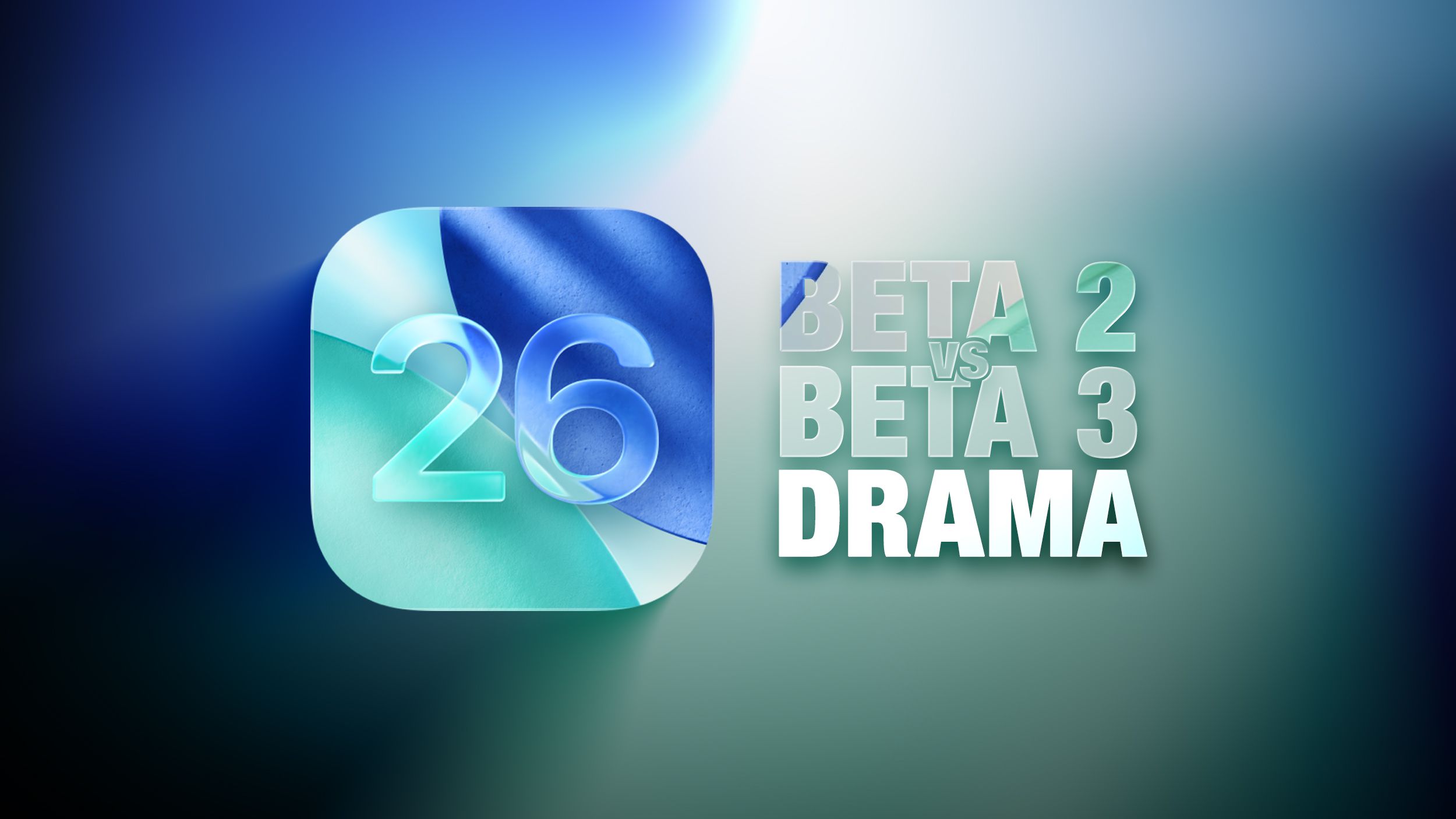Apple's iOS 18.6 RC Build Release

Introduction
As the launch of iOS 18.6 draws near, Apple has released the RC build for the highly anticipated update, along with other software updates like macOS 15.6 and watchOS 11.6. This is exciting news for Apple users, as it means the final versions of these updates are just around the corner.
Key Details
The RC build, or Release Candidate build, is the final version of the software before it is officially released to the public. This build is typically released to developers and beta testers to ensure that any last minute bugs or issues are addressed before the official launch. This is an important step in the software development process, as it helps to ensure a smooth and seamless experience for users.
The release of the RC build for iOS 18.6 also means that the official launch is just a few weeks away. This update is expected to bring new features and enhancements to the iOS platform, making it one of the most highly-anticipated updates from Apple in recent years.
Impact
This news is not only exciting for Apple users, but it also has implications for the tech industry as a whole. With the release of iOS 18.6, we can expect to see a surge in new app releases and updates, as developers take advantage of the new features and capabilities of the update. This also means that
About the Organizations Mentioned
Apple
Apple Inc. is a leading American multinational technology company known for pioneering personal computing, mobile devices, and software ecosystems. Founded in 1976 by Steve Jobs and Steve Wozniak, Apple revolutionized technology with the first commercially successful personal computer and mainstream adoption of the graphical user interface (GUI), setting new standards in product design, user experience, and seamless integration across devices[2]. Headquartered in Cupertino, California, Apple’s product lineup includes the iPhone, iPad, Mac computers, Apple Watch, AirPods, and services such as the App Store, Apple Music, and iCloud. The company has built a vast ecosystem that enables third-party developers to expand product functionalities, strengthening its market dominance. Apple is widely recognized for its innovation in hardware, software, and services, with an emphasis on aesthetics and privacy. In 2025, Apple committed to its largest-ever investment initiative, pledging $600 billion over four years in the United States to boost manufacturing, research and development, and advanced technology sectors like artificial intelligence (AI) and silicon engineering[1][3]. This includes new manufacturing facilities, expanded R&D centers, and a program called the American Manufacturing Program (AMP) to encourage domestic production of critical components. These efforts support over 450,000 U.S. jobs and aim to establish a robust supply chain within the country[3]. Financially, Apple remains a powerhouse with a market capitalization of $3.84 trillion and annual revenue exceeding $400 billion. However, in 2025, it faced challenges including a 19% decline in stock value, intensified regulatory scrutiny from the U.S. Department of Justice over antitrust issues, legal disputes related to the App Store, and competitive pressure in AI technology[1][2]. Despite these hurdles, Apple continues to innovate, recently updating its software platforms with a unified "Liquid Glass" design and expanding its AI-driven personal assistant, Apple Intelligence[1]. Under CEO Tim Cook’s leadership, Apple balances technological advancement















